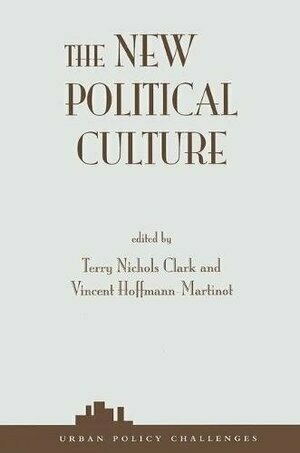
The New Political culture, which began to take shape in the 1970s, continues to challenge many assumptions of traditional politics, especially on issues of environmentalism, growth management, gay rights, and abortion. Concerned mostly with home, consumption, and lifestyle, the New Politics emerges fully in cities with more highly educated citizens, higher incomes, and more high-tech service occupations. Leadership does not come from parties, unions, or ethnic groups but rather shifts from issue to issue: leaders on abortion are distinct from leaders on environmental issues. Based on data gathered by the Fiscal Austerity and Urban Innovation Project, the most extensive study of local government in the world to date, this book provides an explicit analysis of the social structural characteristics that encourage or discourage the New Political culture.